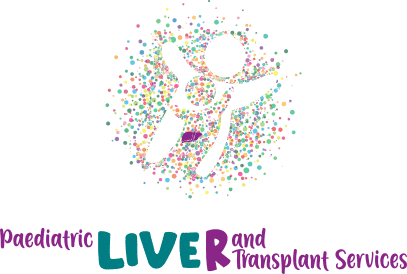Understanding the Liver’s Vital Role
The liver is one of the most important organs in the body, responsible for over 500 essential functions that sustain life. It aids in digestion, stores nutrients, detoxifies harmful substances, regulates blood clotting, and produces essential proteins. Given its multifaceted role, liver health is crucial, especially in children whose developing bodies depend on a well-functioning liver for proper growth and metabolism.
Recognizing Paediatric Liver Disease
Paediatric liver disease is often underdiagnosed, as early symptoms may be subtle or mistaken for common childhood ailments. However, early detection is essential to prevent serious complications and improve outcomes. Some key warning signs include:
- Persistent Jaundice – Yellowing of the skin and eyes beyond the newborn period.
- Abdominal Swelling – Enlarged liver or spleen, leading to a distended belly.
- Unexplained Bruising or Bleeding – Due to impaired blood clotting.
- Failure to Thrive – Poor weight gain and growth delays.
- Dark Urine and Pale Stools – Indicating bile flow obstruction.
- Chronic Fatigue and Irritability – Resulting from toxin buildup in the bloodstream.
Common Paediatric Liver Diseases
Some of the most prevalent liver conditions affecting children include:
- Biliary Atresia – A life-threatening condition where bile ducts are blocked or absent, requiring early surgical intervention.
- Autoimmune Hepatitis – The immune system mistakenly attacks the liver, leading to inflammation.
- Metabolic Liver Diseases – Such as Wilson’s disease and Alpha-1 antitrypsin deficiency.
- Metabolic Associated Steatotic Liver Disease (MASLD) – Increasingly common due to rising childhood obesity rates.
- Genetic and Congenital Disorders – Affecting liver function and development.
World Liver Day: Raising Awareness
World Liver Day, observed annually on April 19th, serves as a vital reminder of the importance of liver health.
This global initiative focuses on:
- Raising awareness about liver diseases, their prevention, and early detection.
- Encouraging healthy lifestyle choices, including a balanced diet and regular exercise to support liver function.
- Promoting organ donation, especially for paediatric patients awaiting liver transplants.
- Advocating for better healthcare policies and improved access to diagnosis and treatment.
The Role of Early Diagnosis and Treatment
Timely intervention can prevent liver failure and improve long-term outcomes. Regular screenings, vaccinations (e.g., hepatitis A + B vaccine), and early medical consultation for symptoms can make a significant difference. Liver transplants remain the only curative option for many children with end-stage liver disease, making awareness about organ donation crucial.
How You Can Support Paediatric Liver Health
- Be vigilant about signs of liver disease in children and seek early medical advice.
- Promote a liver-healthy diet rich in fruits, vegetables, lean proteins, and whole grains.
- Encourage physical activity to reduce the risk of fatty liver disease.
- Support organ donation initiatives to help save lives.
- Spread awareness by participating in World Liver Day campaigns and sharing information within your community.
Conclusion
The liver is an unsung hero of the human body, performing critical functions that sustain life. Paediatric liver disease is a growing concern, but awareness, early detection, and medical advancements offer hope for better outcomes. This World Liver Day, let’s commit to spreading knowledge, supporting affected children, and advocating for improved liver health worldwide.

